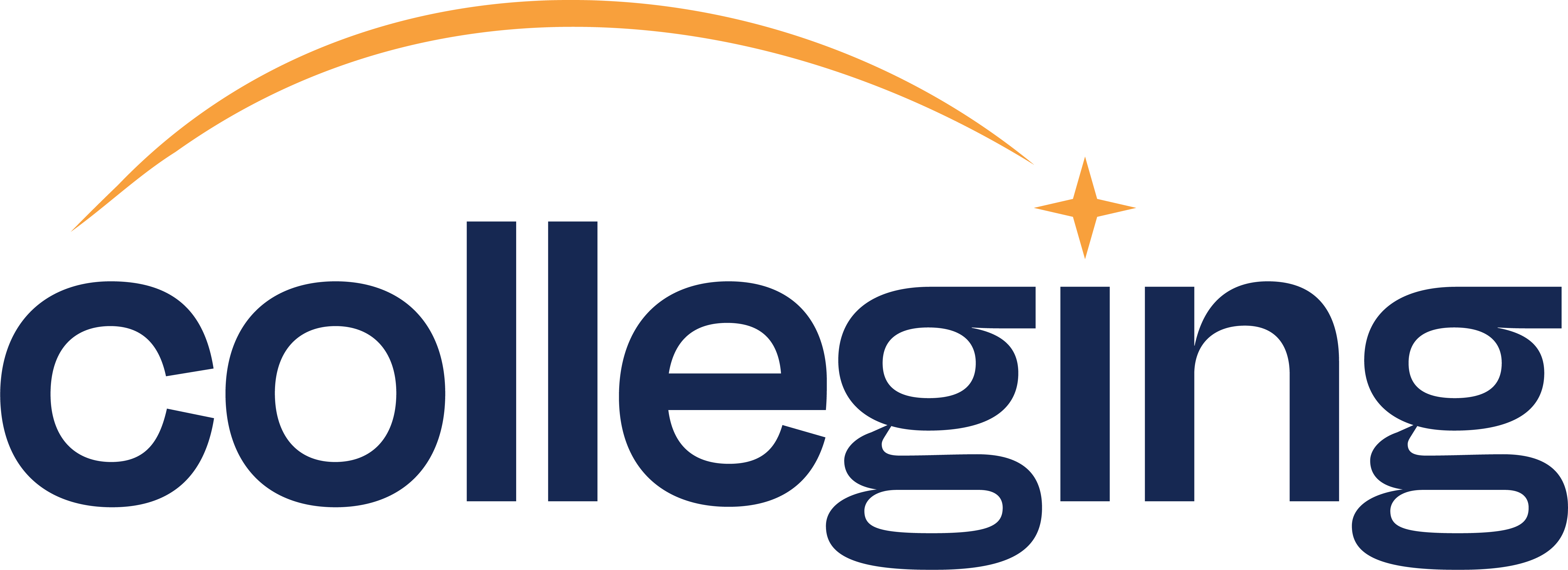
For many students, pursuing higher education is a worthwhile investment in their future. However, this pursuit often comes with the financial burden of student loans. Beyond the immediate challenges of repayment, parents and students must understand how these loans can impact students’ credit scores. In this blog post, we'll dive into how student loans affect a student's credit score and what steps can be taken to manage this financial aspect responsibly.
Credit Score Basics
Before delving into the specific impact of student loans, it's essential to grasp the fundamentals of credit scores. A credit score numerically represents an individual's creditworthiness, ranging from 300 to 850. Lenders use this score to assess the risk of lending money to a borrower. Higher scores indicate that a borrower has previously managed their credit well and is more likely to repay their debt. These customers are offered lower interest rates because they are perceived as less risky than those with lower credit scores.
According to Equifax, one of the three major credit reporting agencies along with Experian and TransUnion, a good credit score typically falls between 670 and 739. Maintaining that good credit score can be important beyond the college experience, especially when making large purchases such as buying a car or a future home or applying for a credit card.
Learn how to get your free credit score and check out “Student Loans can Help Build Credit Scores” for more info.
Building Credit Through Student Loans
Of course, students just starting only have a little, if any, previous credit history to speak of and therefore most likely no credit score. The good news is that when managed responsibly, student loans can serve as a great first step toward establishing a positive credit history. Timely payments on student loans contribute to a good credit score, proving to future lenders that your student is reliable and responsible with financial commitments.
On-Time Payments Are Crucial
The most significant factor in maintaining a positive credit score while repaying student loans is making on-time payments. Late or missed payments can impact credit scores negatively, potentially resulting in late payment fees and increased interest rates. This is also true of debt payments, such as credit cards, mortgages, and car payments.
The easiest way to ensure on-time payments is by setting up automatic deductions. To that end, it’s also critical to fully understand the monthly repayment expectations. One helpful tool for determining those expectations is our Student Loan Repayment Calculator, which can help students predict how much they will have to pay each month for their student loans.
Other important aspects of the credit score experience are:
- Credit Utilization – Credit utilization measures the amount borrowed compared to the total outstanding available credit. This is most important in terms of credit cards. For example, a total credit limit of $500 with only $100 charged would yield a good credit utilization of 20%.
- Credit Searches – New credit searches lower credit scores because they indicate that someone is applying for more credit and could overextend themselves.
- Credit Mix – Student loans contribute to a diverse credit mix, positively influencing credit scores. The mix of installment loans (like student loans), revolving credit (such as credit cards), retail accounts, and mortgages helps further demonstrate responsible credit management. Interestingly, if the student loan is the only installment debt in a borrower’s credit mix and the loan is forgiven, their credit score may drop slightly.
Debt-to-Income Ratio
Student loans also contribute to a student's debt-to-income ratio, a quantitative relation that lenders consider when evaluating creditworthiness. A lower debt-to-income ratio is generally more favorable, indicating that a borrower is not overly burdened by debt relative to their income.
Good Budgeting Helps Build Good Credit Scores
Good credit scores take work, but they are very effective in helping recent graduates establish habits that lead to excellent credit. In addition to accounting for monthly student debt payments, students should understand how to create a budget based on their expected income and expenses such as rent, food, etc. To help recent graduates get settled, many student loan types offer a 6-month grace period before payments must begin. This is intended to give students enough time to find employment and be financially able to begin repayment.
Exploring and selecting the right repayment plan thus becomes essential for managing student loans and maintaining a positive credit score. Income-driven repayment plans are available for federal loans and can be particularly helpful, aligning monthly payments with the borrower’s income level. These plans are generally based on the student’s monthly discretionary income. Students should contact their student loan servicer to determine which repayment plan will work best for them. Similarly, the advice to students who have already graduated is to contact the student loan servicer to ensure that the repayment plan they are currently using is the optimal one for them based on their current income and financial outlook.
Impact on Future Financial Opportunities
It cannot be overstated how important it is to establish a good credit score for everyone, including current students and recent graduates, especially regarding future financial stability. A good credit score opens doors to favorable financial opportunities, such as lower interest rates on loans, better credit card terms, and an increased likelihood of approval for housing or car loans. Conversely, a poor credit score may limit these opportunities or result in higher costs. Given the choice, it is a no-brainer to set up a manageable budget when first starting rather than falling behind and trying to dig out of a hole, no matter the size.
The Last Word
While student loans can be a means to access higher education, understanding their impact on credit scores is crucial for long-term financial health. Students can navigate the complexities of student loans by making timely payments, managing debt responsibly, and seeking professional guidance when needed while safeguarding their credit scores for a brighter financial future.
